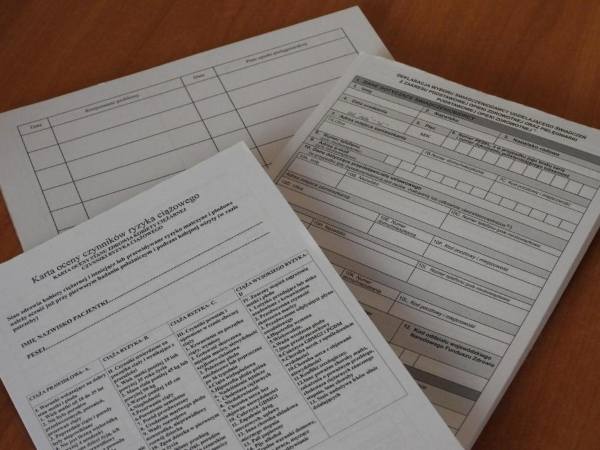Bolivia and Brazil Launch Pilot Project for Digital Certificate of Origin to Enhance Trade Facilitation
By PPO Indacochea

Bolivia and Brazil initiated a pilot project implementing the Digital Certificate of Origin (COD) as part of their ongoing efforts to modernize and streamline bilateral trade processes. This initiative was formally communicated by the Bolivian National Customs Authority. The pilot marks a significant step toward adopting digital solutions that facilitate transparency, efficiency, and security in international trade between the two South American nations.
The Certificate of Origin is a crucial document in international commerce, certifying that the goods being exported meet the rules of origin required under trade agreements—in this case, the Economic Complementation Agreement (ACE) No. 36 between Bolivia and Brazil.
Traditionally, exporters have relied on paper-based certificates bearing official signatures and stamps to verify origin. The COD pilot introduces an electronic alternative, allowing exporters the option to submit either the traditional paper certificate or a digital XML version accompanied by the paper certificate during this initial phase.
The project’s design reflects a cautious, phased approach to digital transformation. While exporters can choose to continue submitting the paper certificate with physical signatures and seals, issuing authorities are required to provide certificates either solely on paper or as a combination of a digitally signed XML file alongside the paper document. This dual system ensures continuity and legal certainty while users and authorities adapt to the new digital format.
The pilot will remain active until predetermined success criteria for the issuance and acceptance of the digital certificates are met. Bolivian Customs has committed to keeping exporters and stakeholders informed throughout the implementation process, highlighting the benefits of the digital system in simplifying customs procedures, reducing administrative burdens, and enhancing the credibility and traceability of certificates.
This initiative aligns with broader global trends where customs authorities increasingly adopt electronic documents and automated verification systems to facilitate cross-border trade.
